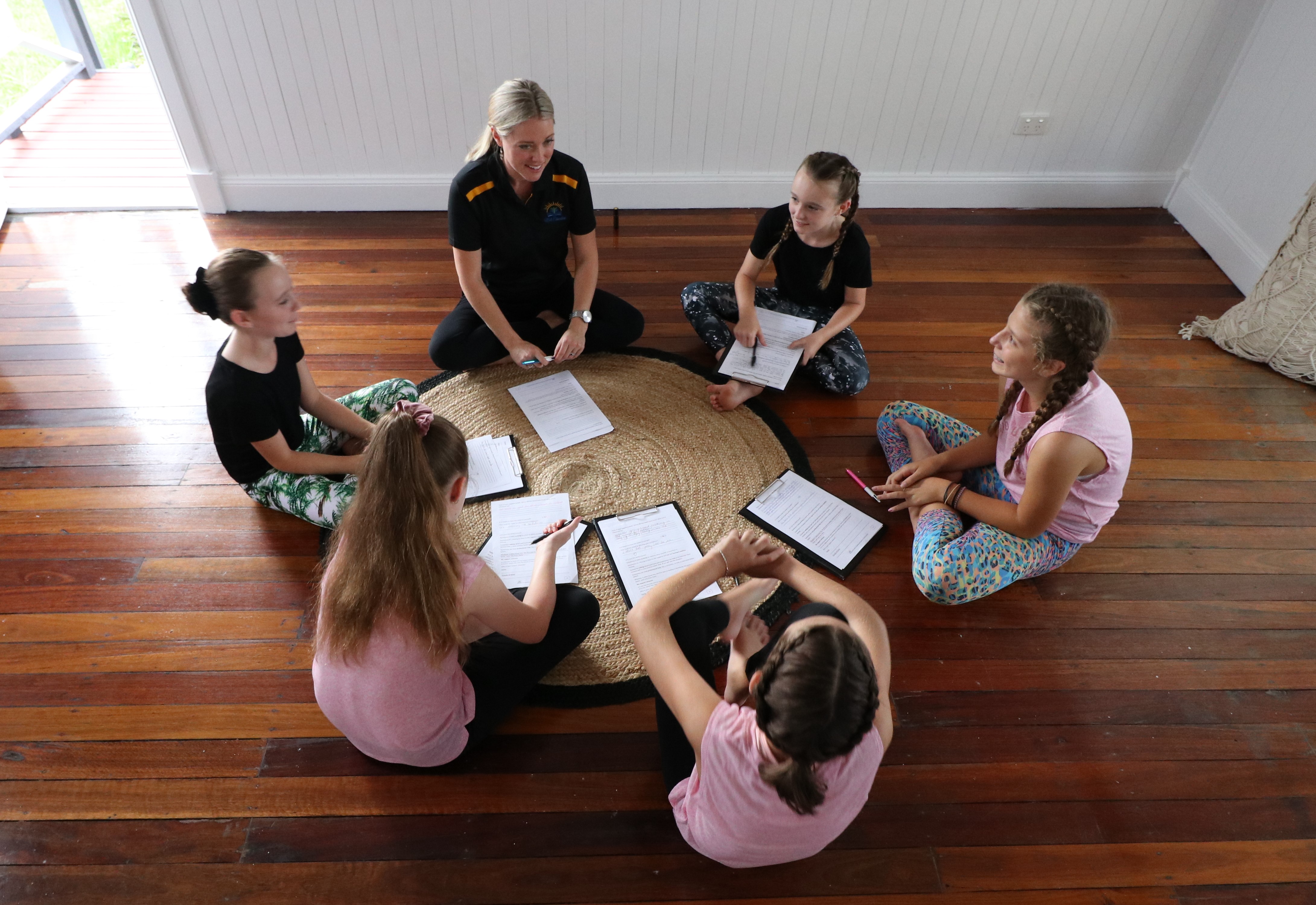
There is so much talk these days about social and emotional wellbeing, it has almost hit ‘hype’ status! But what does emotional wellbeing actually mean?
Well, it is more complex than a one line definition. Emotional wellbeing is closely linked to mental health and it involves the ability of a person to understand, regulate and control their emotions in a healthy way. Being emotionally well means you are able to function in society, bounce back from adversity and setbacks in life, and generally have the ability to cope with the normal stresses of everyday life.
Some of the key areas of emotional wellbeing include resilience, confidence, self-esteem and relationships. A person who is emotionally well has an understanding of their emotions and how these emotions influence their reactions, and they can control their emotions and emotional reactions to live and work effectively. They can build and maintain positive relationships, cope with the stresses of daily life, engage with society and adapt to change.
As statistics rise of anxiety and depression within children, school systems have increased their attention to and implementation of emotional and social wellbeing programs. While these efforts are a step in the right direction, they still leave many children slipping through the cracks.
It is vital that we support our youth to develop an understanding of their emotions, and tangible strategies to control their emotions and emotional reactions. Being healthy in the mind is critical to ensuring social success, and has huge implications on academic performance as well. If a person does not feel emotionally well, if they are overly emotional, sad, worried or angry then this will affect their ability to learn and perform. We know this within ourselves, and it is true for children also.
So what can we do?
TALK! There is so much power in simply talking about emotions, about how we feel and why. Many children do not understand the emotions they feel and cannot name them. Helping them to verbalise their feelings can help them to process their feelings.
Take care of you own emotional health! It sounds simple, but many people neglect their own health and wellbeing over their children’s. You can’t give from an empty tank! You need to take the time to assess your own emotional wellbeing, and put a plan in place to ensure you are filling your own tank.
Practise mindfulness. Learning to be present in the moment can help you to become more aware of your emotions and emotional reactions, leading you to be able to better manage them. Being able to still and quiet your mind is an invaluable tool in the busy chaos of modern life.
Get plenty of sleep, eat well and exercise. Find something active that you enjoy, and schedule it into your routine. Try yoga, martial arts, Pilates, swimming, team sport, running! Anything that you gain enjoyment from will quickly become a healthy habit and not feel like a chore.
Keep track of your emotions. Try writing in a ‘feeling’ journal, or add a quick note to your calendar or diary. This is a great way to check on how you are feeling most often and why.
Most importantly, if you do not feel emotionally well for a period of time, seek help. Talk to someone you trust, your doctor or a mental health service such as Beyond Blue. You are not alone, and it is NOT a sign of weakness. The sooner you seek help the better.





